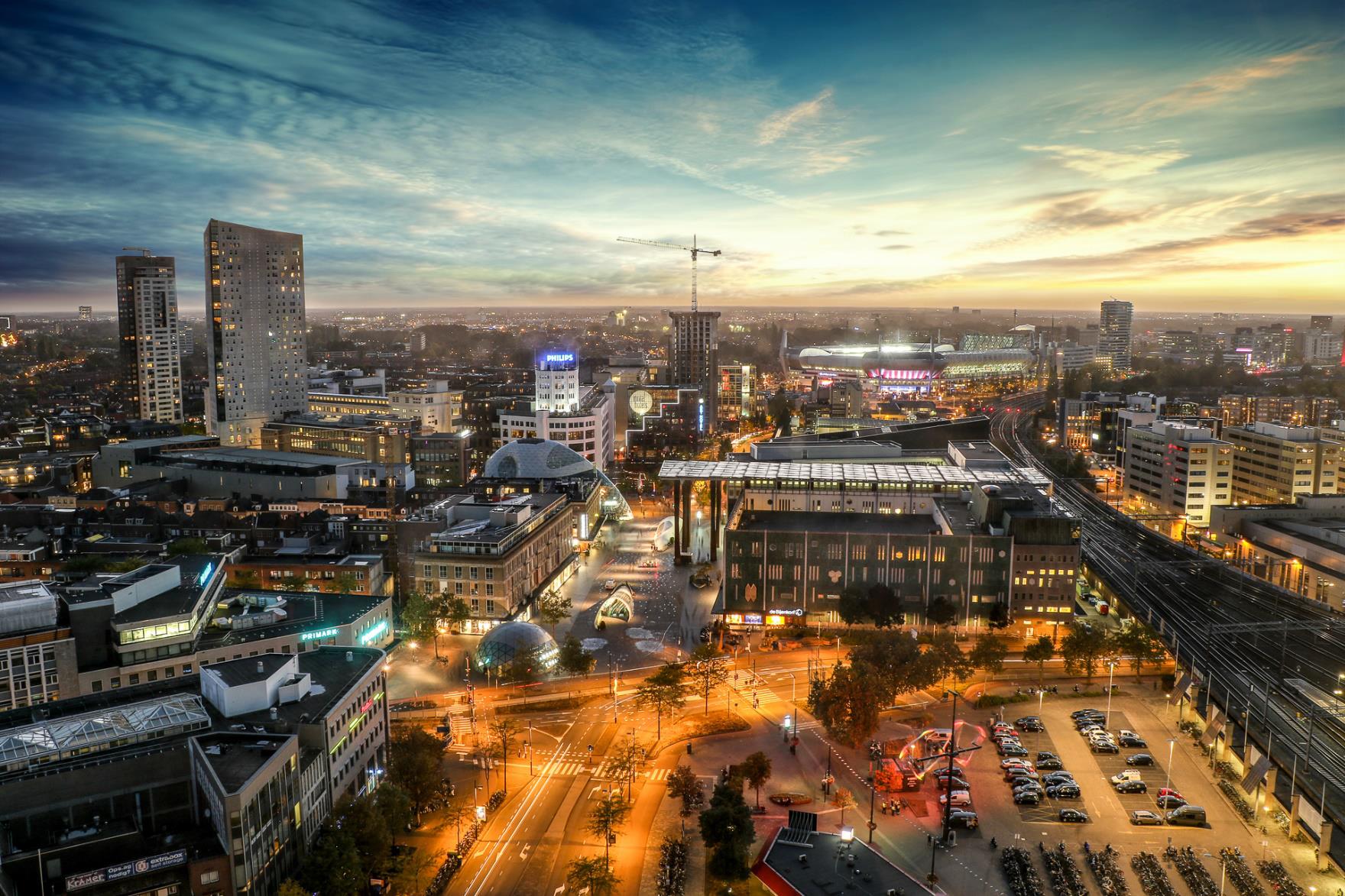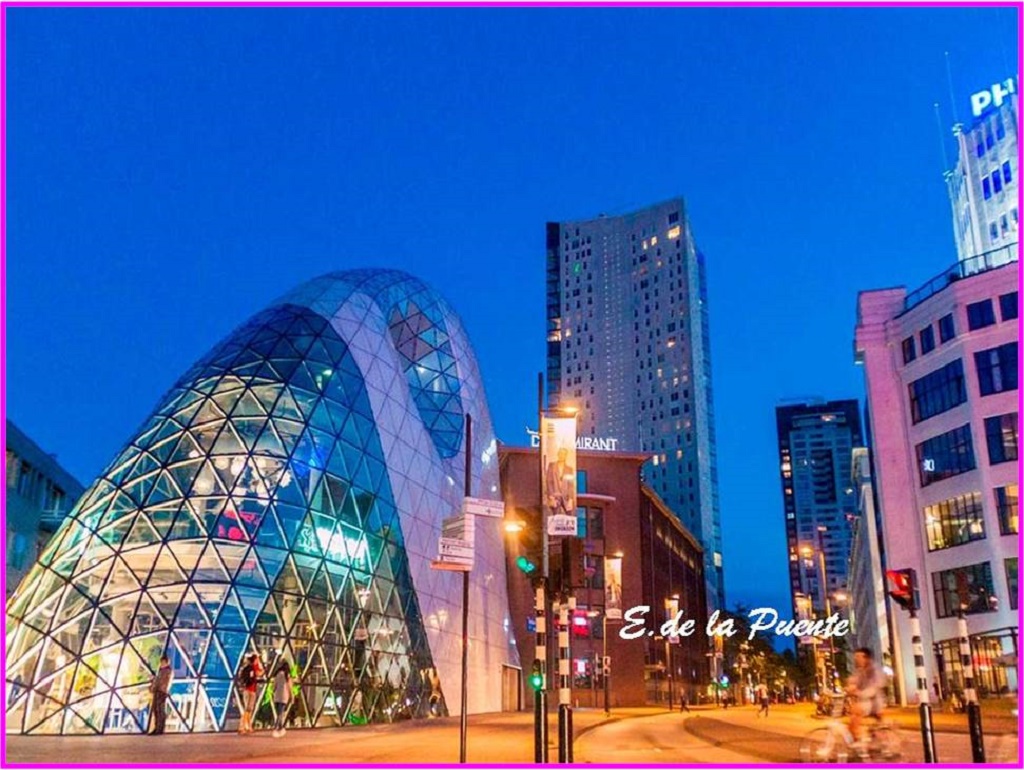Eindhoven's Tech Hub: A Playground of Interactive Art
In the heart of Eindhoven, a city renowned for its technological innovation, interactive sculptures are reshaping public spaces. These installations, often inspired by video game mechanics, invite residents and visitors to engage with art in a dynamic way. One notable example is the "Light Forest," a series of LED-lit trees that respond to movement, creating a vibrant display of colors as people walk by.
The Role of Technology in Art

Eindhoven's sculptures are not just static pieces; they incorporate sensors and digital interfaces to create a dialogue between the artwork and its audience. The "Sound Bubbles" installation, for instance, uses motion sensors to trigger musical notes, allowing passersby to compose spontaneous melodies. This blend of art and technology encourages interaction and makes art accessible to a broader audience.

Community Engagement Through Art

These interactive sculptures are more than just visual spectacles; they serve as tools for community engagement. The "Digital Graffiti Wall" allows individuals to create digital art using a touch-sensitive surface, fostering creativity and collaboration among participants. This installation has become a popular spot for local artists and amateurs alike, transforming a once mundane wall into a canvas for expression.
Revitalizing Urban Spaces
The impact of these installations extends beyond aesthetics. By transforming underutilized areas into vibrant hubs of activity, they contribute to the revitalization of urban spaces. The "Kinetic Playground," a sculpture that doubles as a climbing structure, has turned a previously neglected park into a bustling community center, attracting families and children to explore and play.
Future Prospects for Interactive Art
As technology continues to evolve, the potential for interactive art in urban environments grows. Eindhoven's success with these installations demonstrates the power of art to not only beautify but also to engage and inspire communities. The city's approach serves as a model for other urban areas looking to integrate technology and art into their public spaces.










